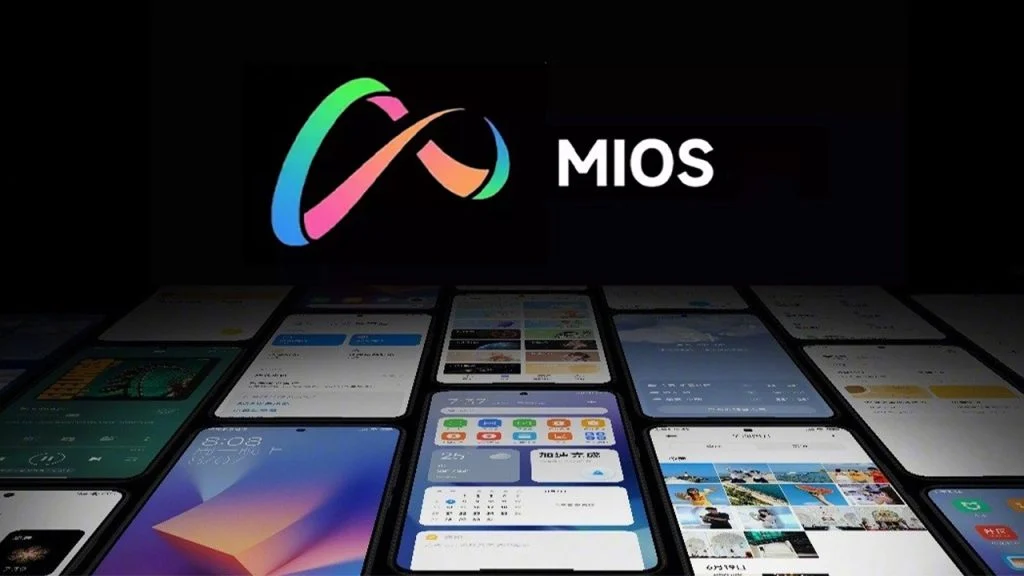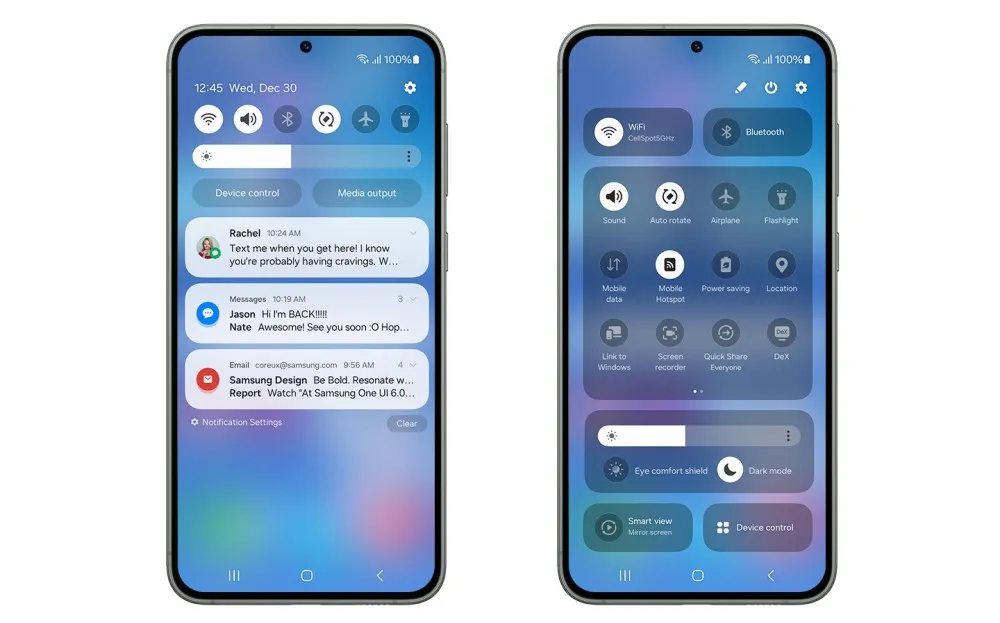The Misuse of AI by Microsoft: A Lesson in Caution
The use of artificial intelligence (AI) continues to grow rapidly, with many companies integrating this technology into their services. Microsoft, a prominent player in the field, aims to enhance user experiences through generative AI technologies that can create text and images. However, it is crucial to exercise caution with AI, as improper use can lead to significant issues. Microsoft recently faced challenges when a tool initially used for creating AI-generated images was misused to create inappropriate content involving celebrities, including Taylor Swift.
Microsoft’s Swift Action Against Taylor Swift Deepfake Exploits
Artificial intelligence has opened up new possibilities in photo editing, allowing users to create any photo they desire without needing extensive Photoshop skills. However, not all individuals use this technology for innocent purposes. In the case of Microsoft's Azure Face API, some malicious users exploited its capabilities to generate nude photos and videos of celebrities, including Taylor Swift. Recognizing the severity of the situation, Microsoft took swift action to address the security vulnerability that enabled the creation of such deepfake content.
Fixing the Security Vulnerability
Microsoft discovered a security loophole that allowed attackers to manipulate certain API parameters, enabling them to replace Taylor Swift's face with that of another person. To rectify this issue, Microsoft promptly released an update that blocks the use of invalid parameters in the API. While this step is commendable, it is important to note that it alone may not effectively address the escalating deepfake crisis.
The Growing Threat of Deepfake Content
Advancements in artificial intelligence and technology have made it incredibly easy to create deepfake content. These manipulated photos and videos are frequently used to spread fake news or conduct smear campaigns. In this specific instance, Taylor Swift became a victim of such misuse.
Tech Companies Taking Action
Fortunately, tech companies are actively working to combat these problems. Microsoft is diligently fixing the vulnerability in its Azure Face API, ensuring that such deepfake content creation is no longer possible. Additionally, under the leadership of Elon Musk, X has limited the platform for Taylor Swift searches to prevent the spread of these videos on social media. It is crucial to recognize that sharing explicit images, whether deepfake or not, can have serious consequences. For ethical reasons and more, it is advisable to avoid creating, sharing, or contributing to the dissemination of such content.



